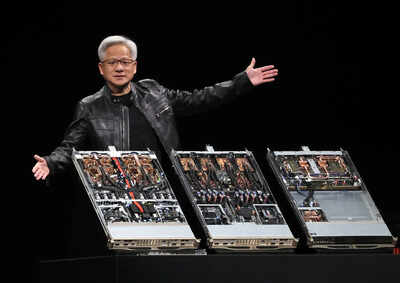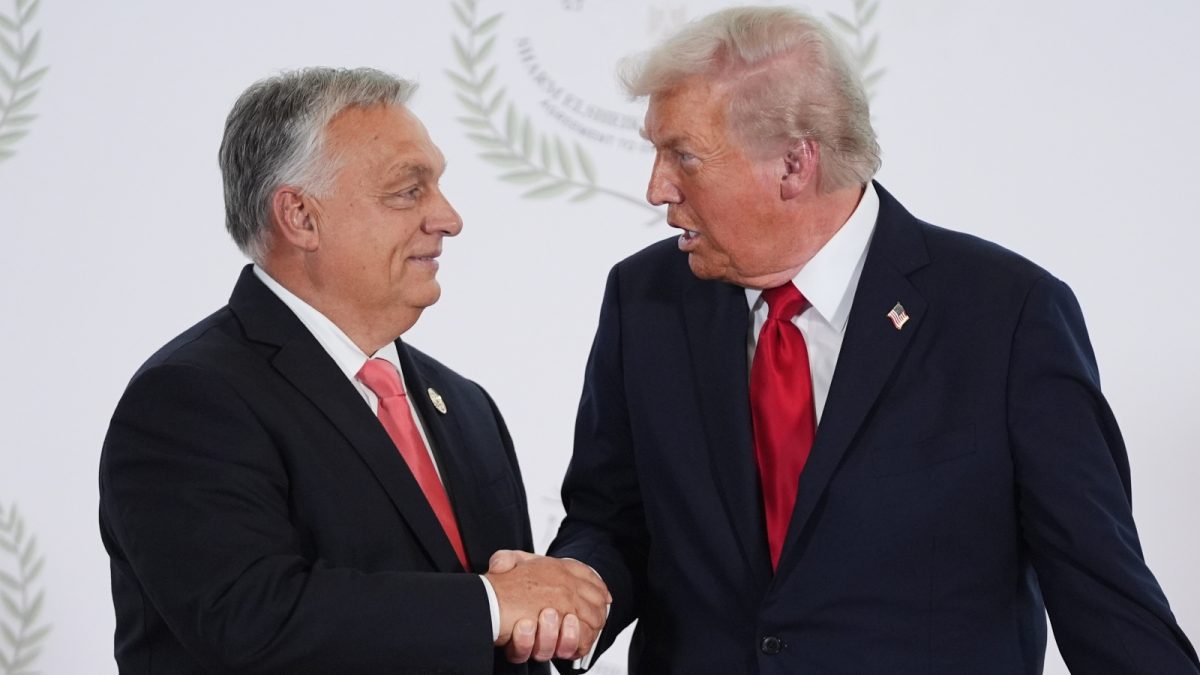ARTICLE AD BOX

President and CEO of Nvidia Corporation Jensen Huang delivers a speech during the Computex 2025 exhibition in Taipei, Taiwan. (AP Photo/Chiang Ying-ying, File)
Inside a windowless building in Jakarta, Indonesia, approximately 2,300 of Nvidia's cutting-edge Blackwell chips are being prepared for use by a Chinese AI company—despite President Donald Trump's explicit opposition to selling such technology to China.
The complex transaction involved multiple countries and entities, yet appears to violate no US laws. A Wall Street Journal investigation has revealed how Chinese companies are accessing Nvidia's most advanced AI chips despite US export restrictions, exposing significant gaps in America's technology control strategy.
Four-step workaround exploits regulatory loopholes
The chips reached their destination through a carefully orchestrated chain. Nvidia first sold semiconductors to Aivres, a Silicon Valley-based company whose parent is one-third owned by Inspur—a Chinese tech firm blacklisted by the US government in 2023 for working on military supercomputing.
However, current regulations don't restrict Nvidia from selling to American subsidiaries like Aivres.Aivres then brokered a $100 million deal with Indosat Ooredoo Hutchison, an Indonesian telecom provider, selling 32 server racks containing 72 Blackwell chips each. The arrangement was finalized only after securing Shanghai-based AI startup INF Tech as the end customer, according to people familiar with the matter cited by the WSJ.
Nvidia's China market share collapses from 95% to zero
The Jakarta case highlights the effectiveness—and limitations—of US export controls. Nvidia CEO Jensen Huang told reporters in November there were "no active discussions" about selling Blackwell chips to China, stating: "Currently, we are not planning to ship anything to China."Yet Huang has repeatedly criticized the policy's impact on American business. Speaking at a Citadel Securities event in October, he revealed Nvidia went from 95% market share in China to zero, adding: "I can't imagine any policymaker thinking that that's a good idea."
He described China as potentially a $50 billion market this year, growing to hundreds of billions by decade's end.
Trump administration won't enforce Biden-era restrictions
The case has alarmed current and former US national-security officials who fear Chinese companies could eventually redirect commercial AI capabilities toward military applications through Beijing's civil-military fusion strategy. In its final days, the Biden administration introduced rules requiring closer scrutiny of advanced chip sales to countries like Indonesia, but the Trump administration declined to enforce them.INF Tech, founded by Chinese-born American MIT graduate Qi Yuan, insists it conducts no military research and complies fully with US regulations. The company plans to use the computing power for AI applications in finance and healthcare.As the US-China technological rivalry intensifies, the Jakarta deal demonstrates how legal workarounds and third-country intermediaries can circumvent even stringent export controls.

 1 hour ago
3
1 hour ago
3









 English (US) ·
English (US) ·